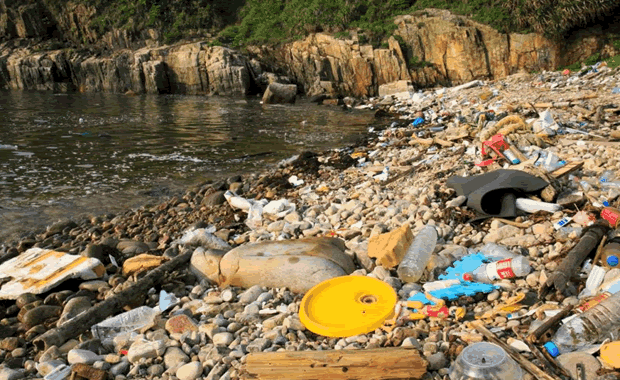
Formosan Yellow-throated Marten
|
Creature Profile
The Formosan yellow-throated marten is a subspecies of the yellow-throated marten (an Asian marten species) found on Formosa island in Taiwan. Yellow-throated martens range from 15 to 24 inches in head and body length and their tails range from 15 to 16.5 inches long. Adults can weigh as much as 7.5 lb. Their coats are brown and darken toward and on the tail, and the throat and chin are canary yellow in color. Their ears are low-set and rounded, and their fore and hind feet have naked pads with sharp claws enabling them to climb quickly and easily through trees.
Yellow-throated martens are mainly forest dwellers occurring in tropical pine forests or tropical moist deciduous forests, and they prefer to spend much of their time in the upper stories. They are generally solitary except when females care for their young. They are active mainly in the day but also hunt at night when close to human settlements. Yellow-throated martens feed on fruits, all kinds of insects, birds and their eggs, lizards, and amphibians, and they can occasionally feed on larger mammals, such as flying squirrels and deer. Mating is believed to occur in August, and females give birth to two to five young after a gestation period of 20 days.
The Formosan yellow-throated marten is a critically endangered subspecies of the marten, and the last population estimated for the subspecies was only three individuals. The species was listed as endangered in 1976, but very few additional conservation measures have been implemented to preserve the species.
Wikipedia Article

|
Wikipedia Article Copyright Notice: This article is licensed under the GNU Free Documentation License. It uses material from the Wikipedia article "Yellow-throated marten". |
May 11, 2017
Glenn, C. R. 2006. "Earth's Endangered Creatures - Formosan Yellow-throated Marten Facts" (Online). Accessed 10/30/2024 at http://earthsendangered.com/profile.asp?sp=266&ID=3.
Need more Formosan Yellow-throated Marten facts?



